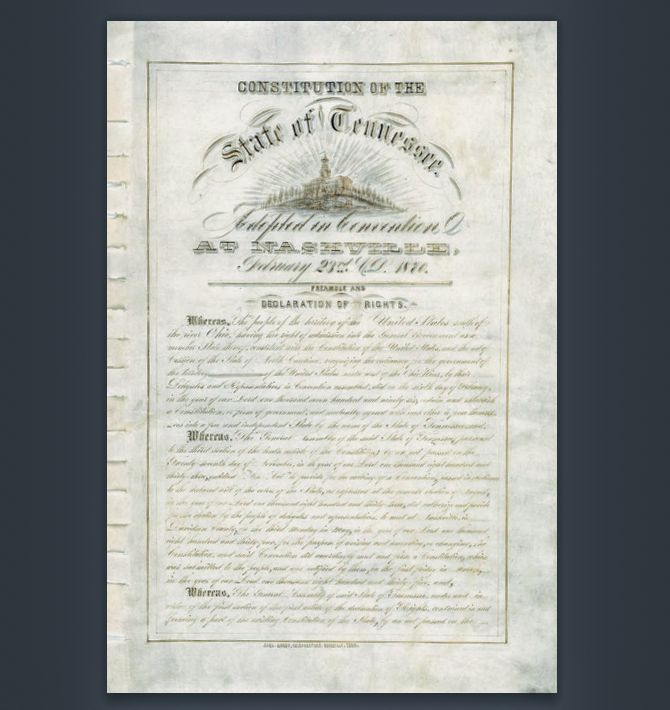NASHVILLE (AP) – Tennessee voters have approved a change to the state Constitution that reinforces the state’s existing law freeing workers from being required to pay union dues.
Tennessee has had a law prohibiting the requirement on the books since 1947, and the outcome of Tuesday’s referendum doesn’t change how the existing law works. But Republican politicians and businesses wanted a constitutional amendment to make it more difficult to weaken or overturn the law, known to its supporters as a “right-to-work” law.
The long road to insert it into the Tennessee Constitution began in 2020, largely predating the recent national groundswell of interest in unions. Backers of the amendment have cited concerns about attempts by congressional Democrats to pass a labor bill that would bar such laws nationwide. It has passed the U.S. House but not the Senate. They also have raised concerns that Democratic-run states could try to unwind “right-to-work” laws.
The amendment, however, runs counter to growing support for organized labor across the country. Interest in organized labor has grown amid high favorability among younger workers; difficult conditions during the COVID-19 pandemic; and workforce shortfalls that have empowered employees. The smaller-scale union pushes seen nationally also have drawn attention in Tennessee. Among them – about a half-dozen Starbucks coffee shops have organized, including in Memphis and Knoxville.
Republican Gov. Bill Lee led the charge in calling for the constitutional change.
Business groups have described Tennessee’s labor laws as crucial to enticing businesses to move or expand. The state’s Republican political leadership supported the amendment.
Unions believe these laws are aimed at crippling their efforts to organize and fight for better compensation and conditions by siphoning off funding from workers. Under federal law, unions must represent all eligible workers in a union-represented workplace unit even if they aren’t dues-paying members.
Currently, 27 states have laws like Tennessee’s. Tennessee is the 10th state to put it in its constitution.
Other recent results have been mixed when voters weigh in. Virginia voters rejected a similar constitutional change in 2016, while Missouri voters effectively vetoed a right-to-work law in 2018. Alabama voters approved its constitutional change in 2016.
Tennessee voters also have approved two additional amendments to the state’s constitution, with one creating a temporary line of succession and the other repealing language banning clergy from serving in the General Assembly.
Tennessee previously did not have a clear path on who would serve as governor if she or he would be unable to serve. Under the new amendment, the speaker of the Senate will assume the duties of the governor temporarily and will not be required to resign their legislative seat.
Meanwhile, the clergy amendment is considered largely symbolic since the ban hasn’t been allowed to be enforced for decades. That’s because the U.S. Supreme Court determined the ban was illegal in 1978.
In Tennessee, down goes slavery as Amendment 3 passes



